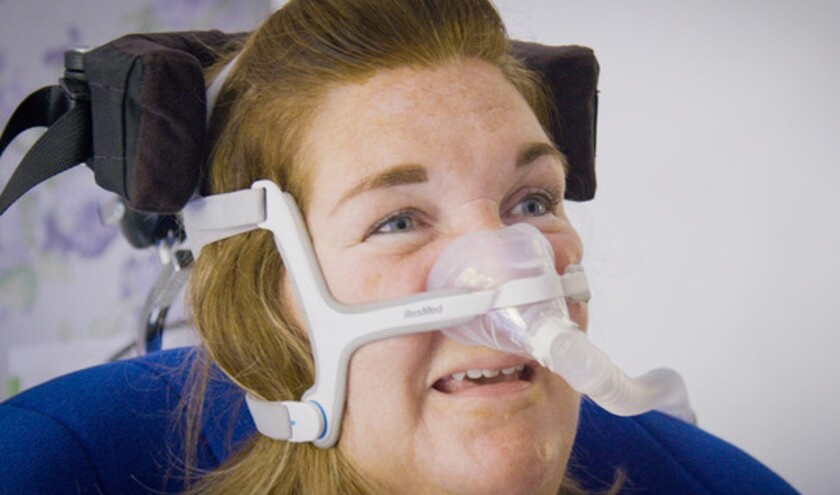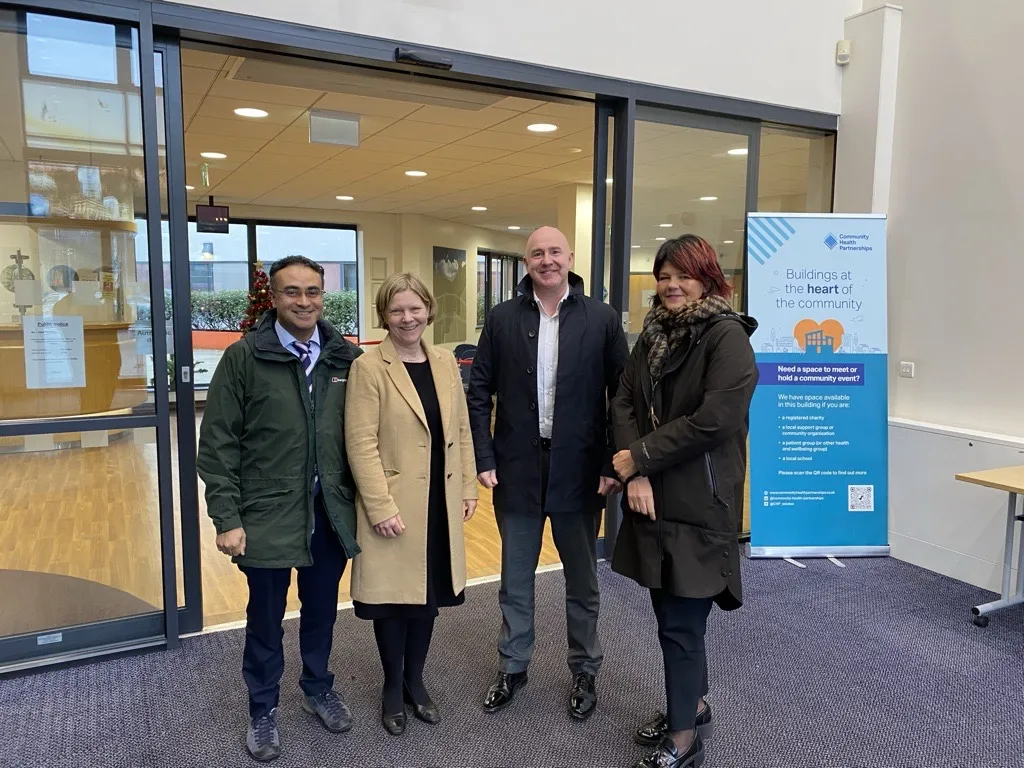The pilots will allow patients to share key health information – such as blood pressure, oxygen levels, or other symptoms – with specialists without needing to travel for an appointment.
Many of the pilot schemes will focus on five key specialisms where the technology can make the biggest difference: ear, nose, and throat (ENT); gastroenterology; respiratory medicine; urology; and cardiology.
In many cases, patients will be able to complete digital forms and questionnaires via the NHS App rather than attending hospital, unless clinically necessary. Others with long-term conditions will be able to have routine tests carried out locally, with hospital specialists reviewing results remotely.
Portsmouth Hospitals University NHS Trust will introduce digital pre-appointment questionnaires through the NHS App for patients with suspected respiratory conditions. The questionnaires mean that clinicians will have more information available ahead of appointments. By speeding up initial appointments and helping to reduce the need for clinically unnecessary follow-ups, the tech is expected to increase the number of patients being treated by the trust within 18 weeks.
In Leeds, men who have previously been treated for prostate cancer will benefit from a new approach. Patients will be able to provide regular updates on their health to be reviewed by specialists, book appointments, and message clinicians from anywhere using the NHS App. It's expected that the new approach will make life easier for patients, help spot potential cancer recurrence and progression earlier so that it can be more effectively treated, and boost productivity by reducing the number of clinically unnecessary and missed appointments.
In addition, the NHS is launching a world-first clinical trial to support people living with motor neuron disease (MND) using remote monitoring tech, helping them to access breathing support from home. Patients with MND can suffer with symptoms such as difficulty with movement, speaking, swallowing, and breathing, with the trial seeking to improve quality of life.
The government-funded trial, led by Sheffield Teaching Hospitals NHS Foundation Trust in partnership with the University of Sheffield, will be the first in the world to test the real-world benefits of remotely monitoring and adjusting portable ventilators used by MND patients across 12 areas of England. Respiratory therapy via non-invasive ventilation is currently the only treatment proven to extend life and improve quality of life in MND, while also alleviating symptoms of breathing problems, with the new trial seeking to build the evidence needed to expand access to this life-changing technology for the 5,000 people living with MND across the UK.
Dr Esther Hobson, honorary consultant neurologist at Sheffield Teaching Hospitals NHS Foundation Trust and senior lecturer in neurology at the University of Sheffield, said: ‘We're making the most of existing technology to make it as easy as possible for NHS staff and their patients to get the benefits without extra burden. We're especially interested in the experiences of people who find it hard to access NHS care to make sure everyone can get the benefits.'
The projects will help inform the wider expansion of remote monitoring across all long-term conditions, pledged by the government in its Elective Reform Plan. Once in full flow, remote monitoring is expected to free up around 500,000 appointments every year.
Health and social care secretary, Wes Streeting, said: ‘Patients expect care fit for the 21st century and that's what I'm determined to deliver. This is a government that puts the NHS and patients first as our record investment in the service shows.
‘Using tech to bring care closer to home frees up hospital appointments for those who truly need them and makes life simpler for everyone. That's our mission: care that's easier, faster, and always within reach.'
Ian Eardley, national clinical director for Elective Care at NHS England, added: ‘Right across the country the NHS is harnessing the latest technology to ensure people can get the care they need more quickly and conveniently, and closer to home.
‘Remote monitoring enables vital information to be shared more easily and efficiently between patients and their health teams – allowing people to get the support they need without an unnecessary trip to hospital.'



